 |
 |
 |
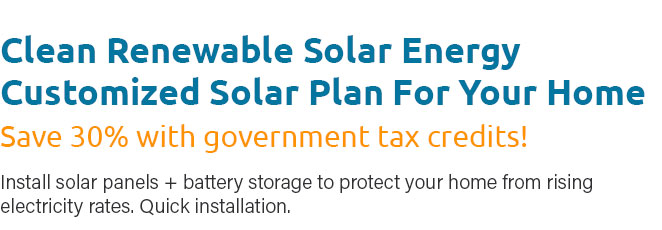 |
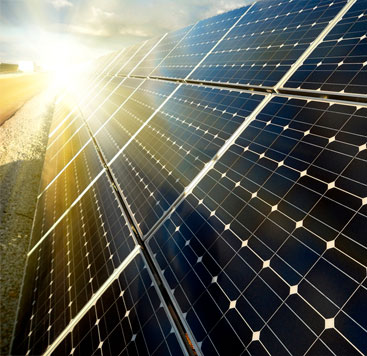 |
 |
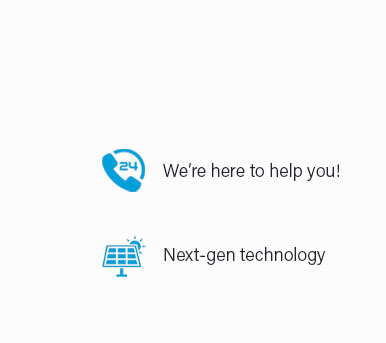 |
 |
 |
 |
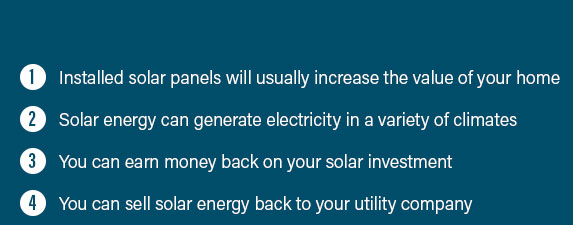 |
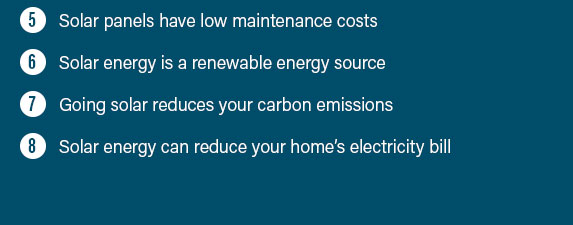 |
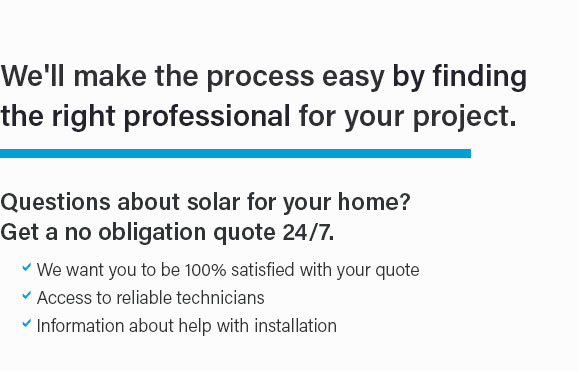 |
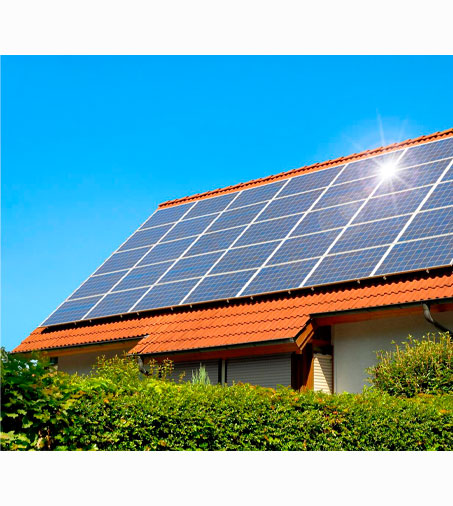 |
|
 |
 |
 |
|
Unlock the power of the sun and transform your home with a personalized solar panels installation quote that promises not just energy efficiency but a leap into the future of sustainable living-our expert home solar installation team is ready to tailor a solution that slashes your energy bills and empowers your eco-conscious lifestyle, so why wait to harness this abundant, clean energy source when you can start saving and living greener today?
https://www.txu.com/renewable-energy/home-solar-panels
See how home solar panels can help you save energy costs, reduce emissions and take advantage of our solar buyback plans. https://www.quora.com/Is-it-possible-for-individuals-to-install-their-own-home-solar-panel-systems-or-is-it-recommended-to-hire-a-professional-with-experience-in-this-area
My opinion is that it might be possible but not practical. Installing rooftop solar panels requires significant training, specialized skills, ... https://www.aeptexas.com/clean-energy/renewable/solar/how-solar-panels-work
Inverter. Solar panels, the most common type of distributed energy resource, generate Direct Current (DC) power, while home appliances use Alternating Current ( ...
|